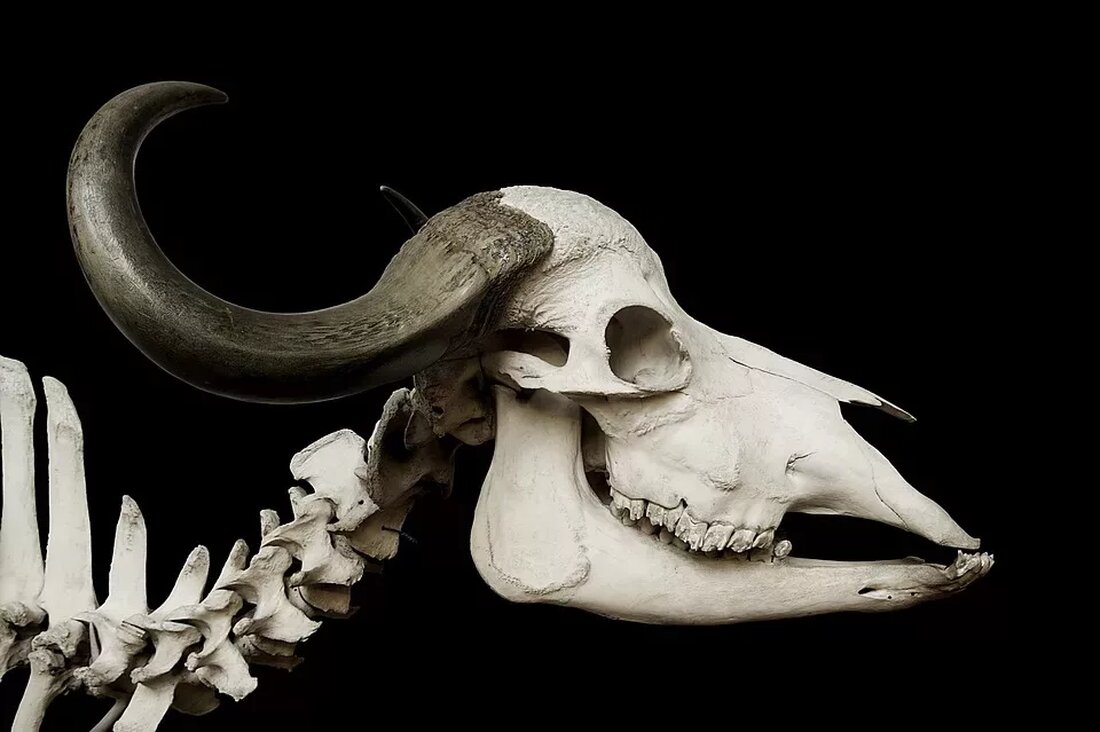African medicinal plants: tradition and modernity
African medicinal plants: tradition and modernity The use of medicinal plants has a long tradition in Africa. For centuries, African peoples have used the healing powers of various plants to treat illness and promote health. In recent years, modern medicine has also begun to research and use the potential of these African medicinal plants. This article introduces some of the most well-known African medicinal plants and highlights both traditional and modern uses. Baobab (Adansonia) The baobab tree is widespread in many African countries and is considered the “tree of life”. The baobab fruit, also known as the baobab tree, is rich in vitamin C, calcium, ...

African medicinal plants: tradition and modernity
African medicinal plants: tradition and modernity
The use of medicinal plants has a long tradition in Africa. For centuries, African peoples have used the healing powers of various plants to treat illness and promote health. In recent years, modern medicine has also begun to research and use the potential of these African medicinal plants. This article introduces some of the most well-known African medicinal plants and highlights both traditional and modern uses.
Baobab (Adansonia)
The baobab tree is common in many African countries and is considered the “tree of life”. The baobab fruit, also known as the baobab tree, is rich in vitamin C, calcium, iron and antioxidants. The fruit is traditionally used to strengthen the immune system and treat gastrointestinal diseases. In modern medicine, baobab extract is used as a dietary supplement to increase vitamin C levels in the body and improve antioxidant intake.
Rooibos (Aspalathus linearis)
Rooibos is a South African shrub whose fermented leaves are used to prepare an aromatic tea. Rooibos tea contains no caffeine and is therefore a popular alternative to black or green tea. Traditional uses of rooibos include combating digestive problems and allergies. Modern research has shown that rooibos can have an anti-inflammatory effect and potentially have a positive impact on the immune system.
Devil's claw (Harpagophytum)
Devil's claw is a plant originally native to the Kalahari Desert and is now grown in various parts of Africa. Devil's claw roots are used in traditional medicine to relieve joint pain and treat digestive problems. Studies have shown that devil's claw has anti-inflammatory properties and can help treat arthritis and back pain.
Moringa (Moringa oleifera)
Moringa is a tree found in many African countries and is known as the “miracle tree”. Almost all parts of the moringa tree, including the leaves, seeds, roots and bark, are traditionally used in African medicine. Moringa is rich in nutrients such as vitamins A, C and E, iron, calcium and omega-3 fatty acids. In modern medicine, Moringa is used to increase energy and treat malnutrition.
Pelargonium (Pelargonium sidoides)
Pelargonium is a species of plant native to South Africa that is used as a remedy for respiratory diseases. The roots of the plant contain active ingredients that can strengthen the immune system and relieve inflammation. In traditional African medicine, Pelargonium is used to treat coughs, colds and flu. Modern studies have shown that Pelargonium can relieve the symptoms of respiratory infections.
conclusion
African medicine has a long tradition of using medicinal plants to treat various diseases and promote health. In recent years, modern medicine has also begun to research these African medicinal plants and use their therapeutic potential. Baobab, rooibos, devil's claw, moringa and pelargonium are just a few examples of African medicinal plants that are used in both traditional and modern medicine. It is important to conduct further research to understand the full therapeutic potential of these plants and to optimize their applications.

 Suche
Suche
 Mein Konto
Mein Konto
